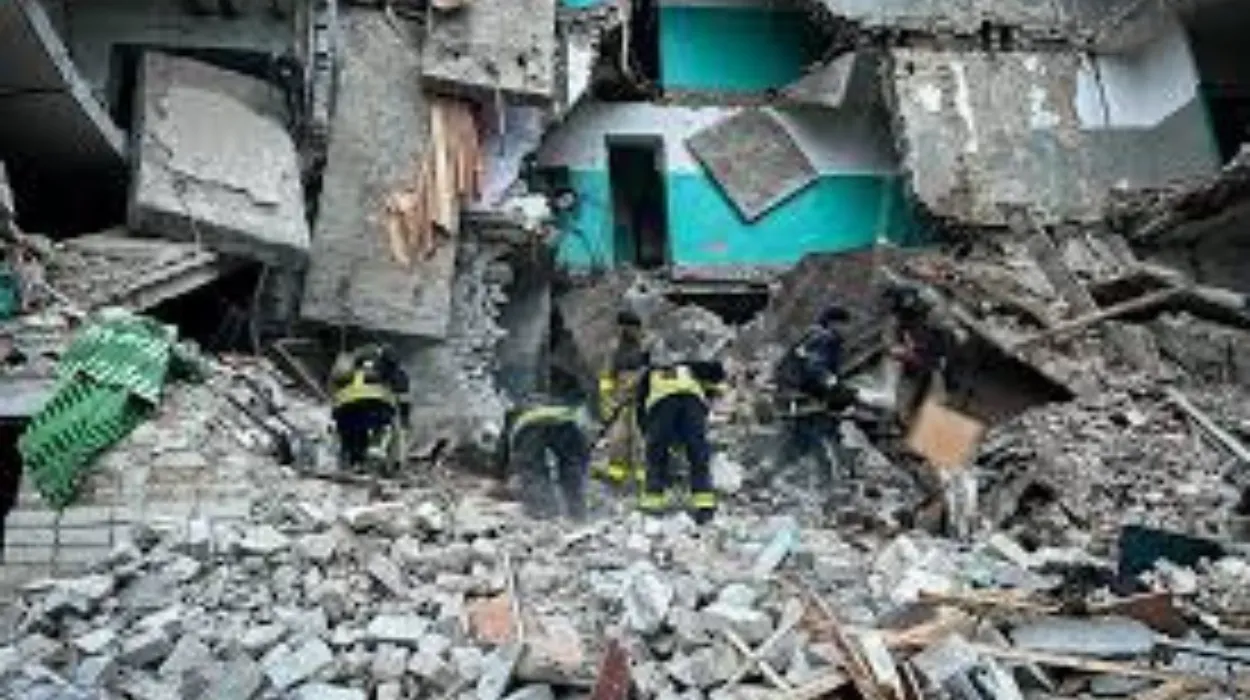Russia (Transatlantic Today) – The Russia-Ukraine war has reached a critical stage as Moscow responds to deep strikes on its territory with heightened nuclear warnings and missile attacks.
Escalation of Strikes
Recent Ukrainian attacks, using U.S.-supplied ATACMS and UK’s Storm Shadow missiles, have hit Russian military sites in Bryansk and Kursk. In retaliation, Russia deployed its new Oreshnik ballistic missile, striking a defense site in Dnipro. Russian President Vladimir Putin framed the attack as a response to NATO’s “aggressive actions.”
Fears of Nuclear Conflict
Following these developments, Russia amended its nuclear doctrine, lowering the threshold for nuclear retaliation. Under the new policy, Moscow and its ally Belarus could respond with nuclear weapons if conventionally attacked by a non-nuclear state backed by a nuclear power—raising fears of direct NATO involvement.
Top Russian officials have reiterated nuclear threats, with state media figures like Vladimir Solovyov openly discussing the use of Russia’s Poseidon nuclear torpedo. Former President Dmitry Medvedev has also warned of potential nuclear escalation.
Public Reactions in Russia
While some Russians fear further escalation, others remain indifferent. A young woman in St. Petersburg with family in Ukraine expressed deep concern. Meanwhile, another resident dismissed nuclear fears, believing the conflict would not extend to major Western capitals.
What’s Next?
Experts suggest that while Ukraine’s missile strikes provide a morale boost, they are unlikely to shift the war’s outcome significantly. However, a large-scale Ukrainian assault causing heavy Russian casualties could push Moscow toward more drastic responses.
Despite the rising tensions, analysts believe both Russia and the West aim to avoid direct confrontation. The coming months will determine whether diplomacy or escalation prevails in this high-stakes conflict.


























